Can Cats Drink Bottled Water? (Are They Getting What They Need)?
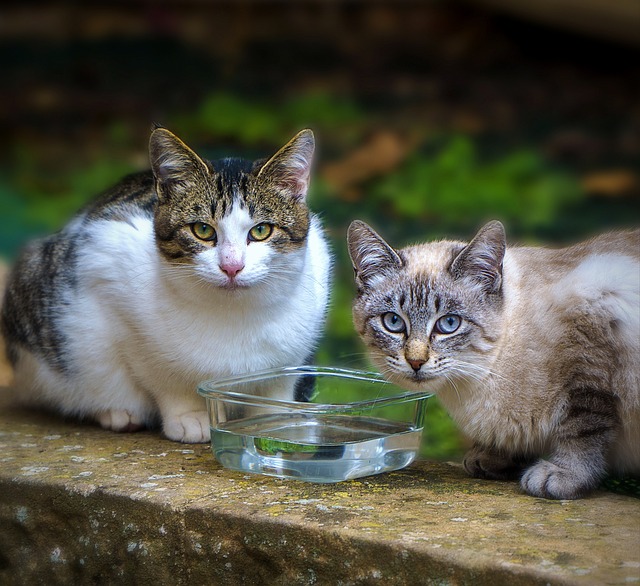
Imagine this:
You're concerned about your furry friend's health and wondering if it's safe for them to slurp up that refreshing bottle of water. 😮
What if it's like handing them a ticking time bomb?
Well, fear not!
Keep reading to put your mind at ease.
Is Bottled Water Safe for Cats?
While not all brands of bottled water are equal in terms of quality and safety, it is generally recommended to research and choose a reputable brand for your cat. Plastic bottles may release harmful chemicals, so opt for spring water in glass or cardboard containers, or BPA-free PET bottles.
Water is crucial for cats, just like it is for humans.
They need a proper water source to survive and stay healthy.
But what about giving them bottled water?
Can you do that?
Let's dive into this question and find out if it's safe for cats to consume bottled water.
Not all brands of bottled water are created equal.
There can be differences in terms of quality and safety.
So, before making a choice, I recommend researching and selecting a reputable brand for your furry friend.
You must ensure that the water you give to your cat is of good quality.
If you decide to go with bottled water, here's what you should know:
Sometimes tap water quality may not be up to par, unless you can get your hands on a reliable brand of mineral water.
On top of that, you need to be cautious about the container.
Plastic bottles can potentially release harmful chemicals into the water.
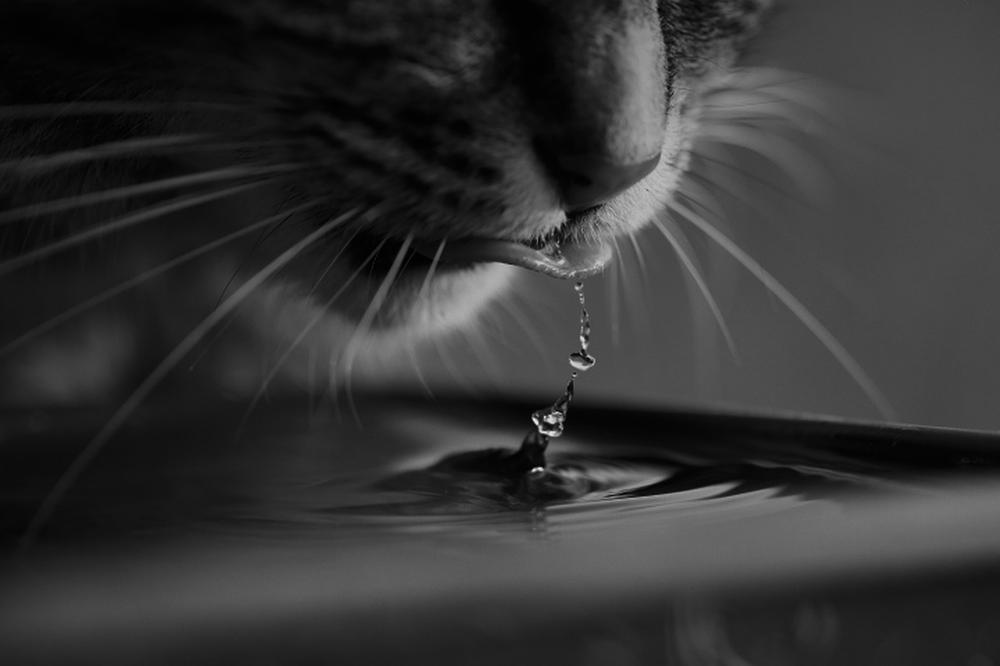
Therefore, it's safer to choose spring water in glass or cardboard containers or opt for PET bottles labeled as BPA-free.
Now let's address the impact of water type and contaminants on cats:
Some cats with renal failure have shown varied responses to tap water and bottled water, suggesting that water type and its constituents might contribute to kidney diseases in cats.
Although we still need more information on this topic, it's worth considering.
Most veterinarians typically advise against giving cats bottled water, mainly because of concerns about mineral content and plastic chemicals. However, there is an exception:
Plain, pH-balanced Smartwater is considered safe for cats to drink.
Just remember not to overdo it – moderation is key.
You wouldn't want to disrupt your cat's regular bodily function.
Ultimately, whether tap water, bottled water, or any other treated water is safe for your cat depends on the reputation and quality of the brand.
So make an informed decision and provide your furry friend with water that will keep them hydrated and healthy.
And while we're on the topic of safe water for our beloved feline companions, there's another important beverage you may be wondering about.
If you're curious whether cats can drink coconut water, I have just the article for you.
Head over to my blog post Can Cats Drink Coconut Water to quench your thirst for knowledge on this particular subject.
It's always best to stay informed for the well-being of your furry friend.
How to Provide Water to Cats Properly
Cats need water to stay healthy, so make sure you give them water the right way. 😺
Here are some tips for keeping your feline friend well-hydrated:
- You should offer fresh water every day. Cats need clean water available all the time.
- Don't use plastic bowls. Plastic can be bad for cats and can cause bacteria to grow. Use stainless steel or ceramic bowls instead.
- Avoid plastic bottles too. They can leak chemicals into the water. It's better to use glass containers or stainless steel water bottles.
- Consider getting a water fountain. Some cats prefer drinking from moving water sources like fountains. It might help them drink more throughout the day.
- Add a fruity scent to tap water. The smell might make cats more interested in drinking it. But be careful not to use anything artificially flavored or sweetened.
- Try different spots for the water dish. Cats can picky about where they drink. Experiment with different locations around your home to find their favorite spot.
- Mix water into their food. Adding a little water or broth to their food can increase their water intake while still giving them hydration.
Each cat is different, so it might take some trial and error to figure out the best routine for your furry friend.
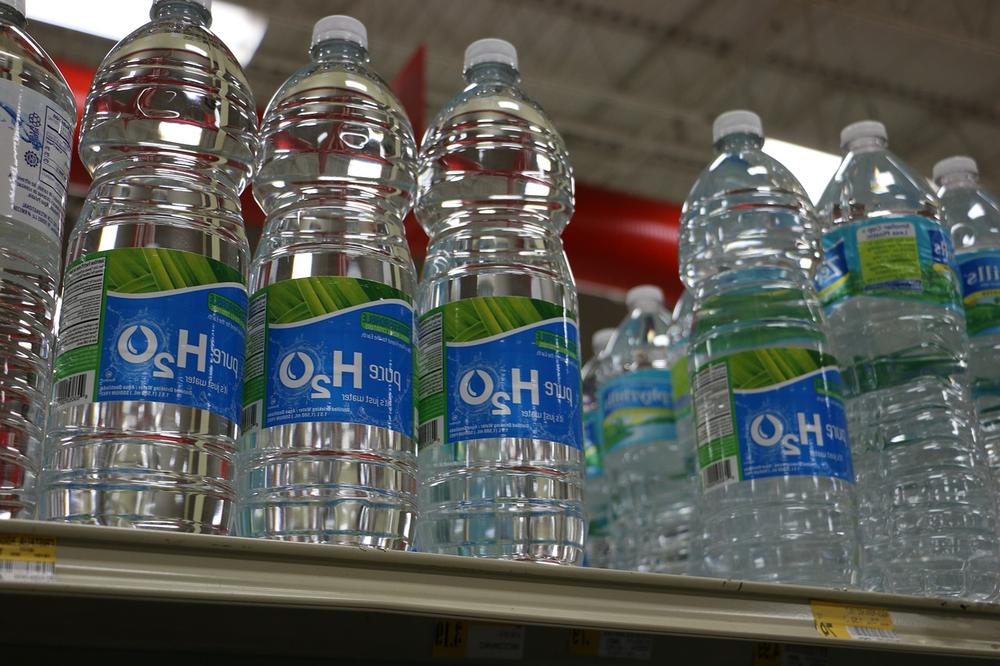
Now, you might be curious about the safety and suitability of bottled water for cats.
Is it a better alternative to tap water?
Can they drink certain types of bottled water?
Let's dive into the next section to unravel the answers and discover the best options for your feline companions.
Alternatives to Bottled Water for Cats
If you're worried about the tap water for your cat, here are some options to think about:
- Use a home water filter to make tap water better.
- Get water bottles made for cats to ensure they stay hydrated.
- Occasionally give your cat spring or well water, even though it may have impurities.
- Avoid distilled water because it lacks important things cats need.
- Give your cat Smartwater sometimes, but don't go for the flavored kind with extra sugar.
Remember to talk to your vet before changing your cat's water source.
If you want more cat tips, join a cat lover Facebook group or download a guide on reducing stress for your furry friend.
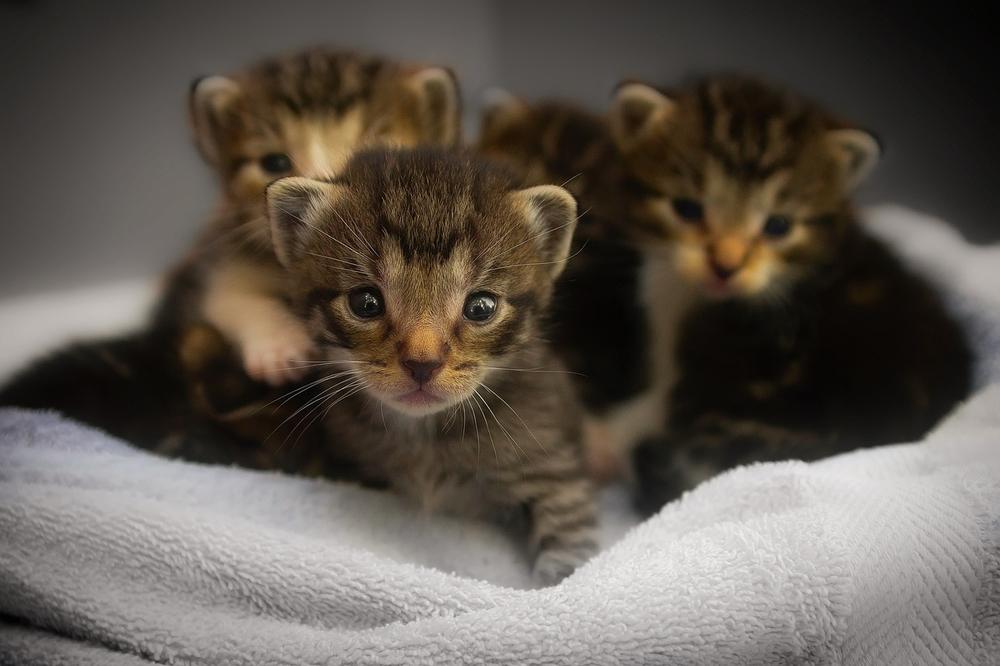
And if you're thinking about moving, some cities are great for single women with cats.
If you're curious about whether cats can safely consume lemon water and want to learn about the potential toxicity and effects of lemon on cats, check out Can Cats Drink Lemon Water. It's a helpful resource that provides valuable insights into this topic.
And now, let's explore the different responses cats may have to tap water and bottled water, dispelling any myths along the way.
Common Myths about Cats and Bottled Water
| Myths about Cats and Bottled Water | Facts |
|---|---|
| Cats should only drink tap water | Cats' responses to tap water and bottled water may vary |
| Bottled water is not safe for cats | The choice between tap water and bottled water depends on availability and convenience |
| Spring and well water are the purest options for cats | Tap water may contain added chemicals |
| Distilled water is the best choice for cats because it lacks minerals | Distilled water lacks beneficial minerals for cats |
| Cats should not consume water from plastic bottles because of health concerns | Bottled water may not be recommended due to the plastic bottle |
If you've heard some things about cats and bottled water, let me set the record straight.
Some people claim that cats with kidney problems may react differently to tap water versus bottled water, while others say cats have preferences for certain types of water. But let's dig deeper and dispel these myths.
First off, when it comes to choosing water for your cat, there are pros and cons to both tap water and bottled water.
Tap water is easy to access, but it might contain chemicals like fluoride that pet owners try to avoid. On the other hand, bottled water, especially spring or well water, goes through filtration processes and is often considered purer than tap water.
However, here's an important consideration—each cat is unique, and their taste buds vary.
So, even though tap water or bottled water may be fine for most cats, your feline friend might have a preference.
Now, let's talk about distilled water.
While it effectively removes contaminants, it lacks minerals that could benefit your cat.
So, although it's pure, it might not provide all the necessary vitamins and minerals your furry companion needs.
But wait, before you make a decision, think about the bottle the water comes in.
Many bottled waters are packaged in plastic bottles that may contain BPA, a chemical that can be harmful.
Finding BPA-free bottled water can be quite a challenge and pricier.
Ultimately, ensuring the safety of both cats and humans requires asking questions and staying informed.
So what should you do?
The key here is being mindful of your cat's hydration needs and always providing fresh water. If you're worried about the quality of tap water, you can use special water filters designed for cats or even consider installing a water filtration system in your home. After all, your top priority should be your cat's health.
Regardless of whether you choose tap water or bottled water, what truly matters is offering clean water in a clean bowl.
So, stay tuned for more insights about cats and water because water, no matter the choice, is vital for your cat's well-being.
Benefits of Giving Cats Bottled Water
Giving your cat small amounts of plain, pH-balanced Smartwater can be beneficial, despite most veterinarians advising against it.
Urine contains toxins, minerals, and irritants that can harm cats, leading to bladder inflammation and urinary stones.
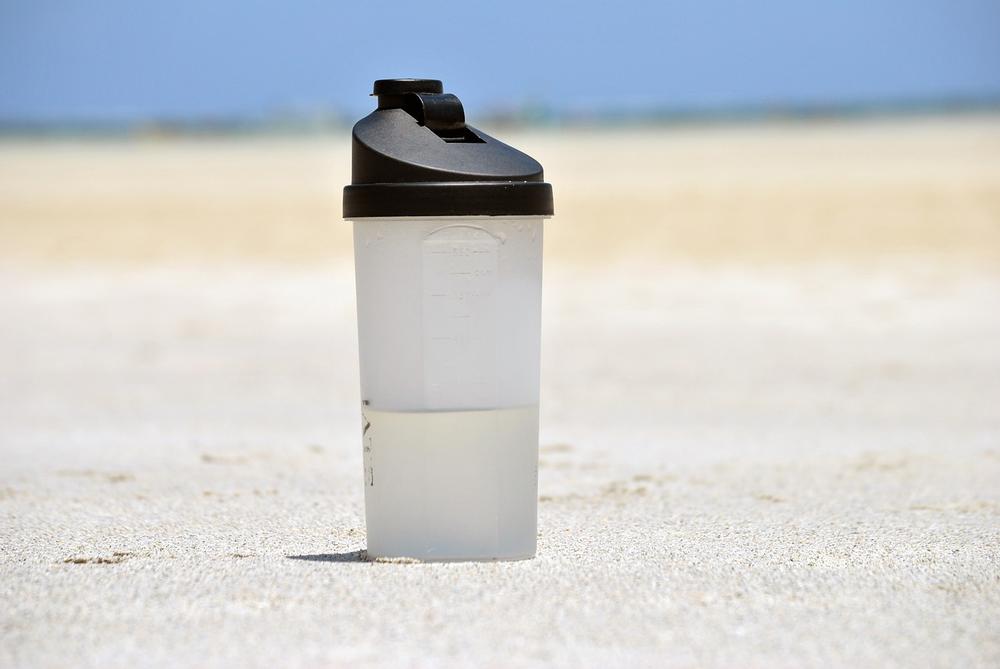
By offering your cat bottled water, you can dilute these substances, lowering their concentration and the associated health risks.
Cats deserve clean hydration, just like us humans.
So next time you think about your feline friend's well-being, consider offering them some refreshing Smartwater to keep their urinary tract healthy and strong.
Choosing the Best Water for Your Cat
Key takeaways:
- Not all brands of mineral water are equal, so tap water quality should be improved unless a reputable brand is purchased.
- Plastic bottles may leach dangerous chemicals into the water, so spring water from glass or cardboard containers is best for cats.
- Cats with renal failure may show different responses to tap water and bottled water, so water type and contaminants may play a role in kidney disease development.
- Unless labeled as BPA-free, plastic bottles are not safe for cats due to potential health problems.
- Most veterinarians advise against giving cats bottled water due to concerns about mineral content and plastic chemicals.
- Fresh drinking water should be offered daily to cats, and factors like impaired sense of thirst and wet cat food can affect their water intake.
- Plastic bowls and bottles should be avoided for water storage due to potential chemical leakage.
- Cats may prefer drinking from glass or fountain and can be enticed with fruit-scented water or changing the location of water dishes.
- Filtering tap water at home is recommended over using bottled water.
- Spring or well water can be given occasionally but may contain impurities.
- Distilled water is not recommended for cats as it lacks electrolytes and minerals.
- Smartwater can be given in small amounts or if the cat is dehydrated, but flavored water should be avoided.
- Choosing between tap water and bottled water depends on availability and convenience.
- Diluting urine with bottled water can reduce health risks for cats.
- Regularly questioning available information is important for cat and human well-being.
And that wraps up today's article.
If you wish to read more of my useful articles, I recommend you check out some of these: Can Cats Eat Vanilla, How to Make a Cat Produce Milk, Can Cats Have Coconut Oil, Can Cats Eat Strawberry, and Does Dry Cat Food Go Bad
Talk soon,
-Sarah Davis